Best manufacturer winner aims to continue to outperform the market during period of transition for its key fleet cars. By Stephen Briers
Last year was a transitional period for Mercedes-Benz as it washed through outgoing key fleet cars, such as the A-Class, in anticipation of all-new models and a new powertrain.
Consequently, head of fleet Rob East took a “prudent” approach to planning. Nevertheless, the manufacturer continued to outperform the market in the corporate fleet sector as it adjusted its strategy from one of customer acquisition to one of customer retention.
Registrations will remain under pressure this year. East has seen the confusion caused by the new WLTP fuel-testing regime and believes Mercedes-Benz has a role to play in supporting fleets.
“We can engage with end-user customers and the leasing companies in a consultative way to help them to make sense of it,” he says.
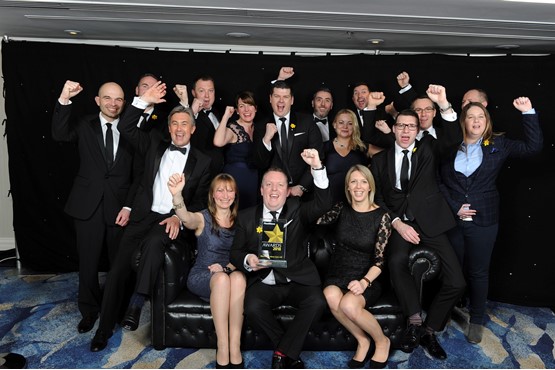
Fleet News: What impact is WLTP and the diesel debate having on fleet purchasing decisions?
Rob East: We are seeing them defer their replacements. There is confusion in making sense of the rules and the differences in outputs, and also what the cost will be.
It is still cheaper to take a company car, but the uncertainty creates inertia.
FN: You reduced your rental registrations last year; what fleet channels are you targeting in 2018?
RE: We will continue to be prudent in rental. Motability has been a growth channel, but our big focus is the end-user.
We will amplify that with our relationships with the leasecos, our relationships with existing and new customers, and our relationships with local business customers.
FN: What has been the reaction to your 48-hour test drive programme?
RE: It has been phenomenal. We have done more than 3,000 test drives since January. We are offering it on all models, delivering the car to drivers’ homes and we insure it.
We do a follow-up call to get their feedback and we have found that a large proportion have never driven a Mercedes-Benz before so it’s enhancing our profile.
We have extended the programme into quarter two and we will continue to monitor it on a quarterly basis.
FN: You have been doing a lot of work on the customer journey; how is this changing your services for fleets?
RE: We have defined the customer journey element which we now will look to enhance, especially for the company car driver who doesn’t always have the best experience.
We will use the same principles as we use with retail customers to get them to be part of the Mercedes-Benz community. We will be consistent with our point of order dates and they will know where their car is in the build, the shipping dates and when it is at the dealer.
Then, when they have the car, how do we turn them into brand advocates – with follow up calls.
Next is what we need to do to retain existing customers, the interventions that make us the default choice. We have to do this in conjunction with our leasing partners. We are also working on aftersales initiatives for Q4 and Q1 next year that will help.
FN: The facelifted C-Class will go on sale with both petrol and diesel plug-in hybrid options. Which will be most popular?
RE: We are excited about that. They will come in early-to- mid-2019 and we expect a lot of interest, especially in the diesel plug-in hybrid. They will qualify for the OLEV grant and will be available in estate and saloon across the trim line up.
We are committed to clean diesel and it will not disappear from our powertrain, but why wouldn’t you go for that (diesel plug-in hybrid) car? We are quietly confident that it will be a strong proposition.
FN: What can you tell us about your new division CASE – connected, autonomous, shared services and electric?
RE: These four pillars will future-proof Daimler for the years ahead. It’s how consumers – fleet and private – will think about cars in the future.
Autonomous technology in five years will be staggering. We can do it now, but legislation has to keep pace. Shared services is about flexible packages, a way for people to share.
The Smart brand, which will be electric-only by 2020, is a perfect platform to deploy a shared service. It’s urban usage on a pay-as-you-go basis.
Electric is not a future decision; it’s here now. But we need range infrastructure to support a surge in EV sales. We are about to start the first pilot for Connect Business which offers transparency on the use of the vehicle (via telematics).
It can also be used multi-marque with an adapter. For drivers, we have Connect Me , with functionality including remote locking, location, tyre/oil levels – they can even set their sat-nav via their phone, which sends it to the car. It makes life simpler. We see it as a differentiator.
FN: What products do you have planned under the EQ sub-brand?
RE: We will see a production car at the Paris motor show which will go on sale next year. We have EQ Boost mild hybrids, which switch off the engine when coasting and also enhance the drive experience with more torque.
EQ Power is our plug-in hybrid in the C-, E-, GLE- and S-Class. EQ is the full zero-emission electric vehicle.
We will have 10 by 2022 starting with the EQC in 2019 with an A-Class to come.
FN: Are you seeing uncertainty over taxation encouraging more people to take cash?
RE: This isn’t a new debate and we are not seeing a mass exodus from car to cash, despite the uncertainty. Fleets need a policy that is fit for purpose and works for drivers from a BIK perspective.
For retention, policies have never offered a wider choice of brands and cars. But it’s hard to judge the market – we try to focus on the elements we can affect which is producing desirable cars at the right price which engage as many people as possible.
Rob East predicts a gradual change over the next decade or two away from people buying cars outright to contract hire. But he doesn’t believe car share or usership models will dominate the market because “people still want the certainty of having a car when they need it”.
The need for such certainty is one reason why he not does forecast any sizeable drop in fleet market registrations. His priority is to ensure Mercedes-Benz continues to build its share.
“Three principles anchor everything: to be easy to consider, buy from and stay with,” East says.

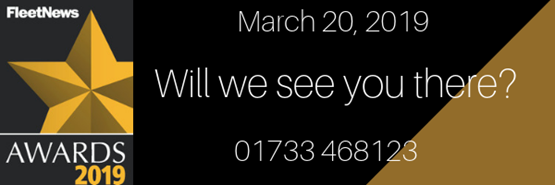



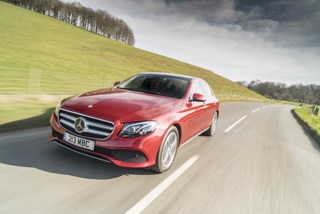
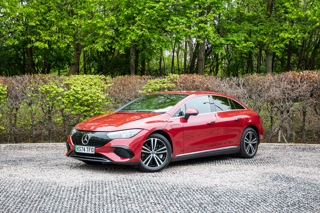
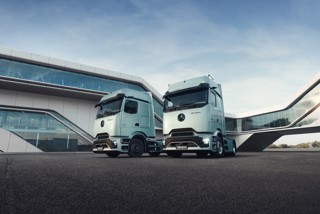
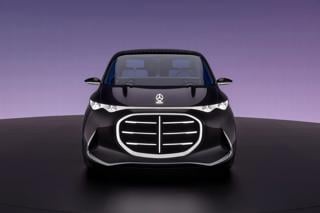
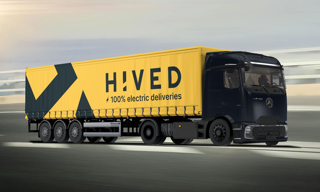












Login to comment
Comments
No comments have been made yet.